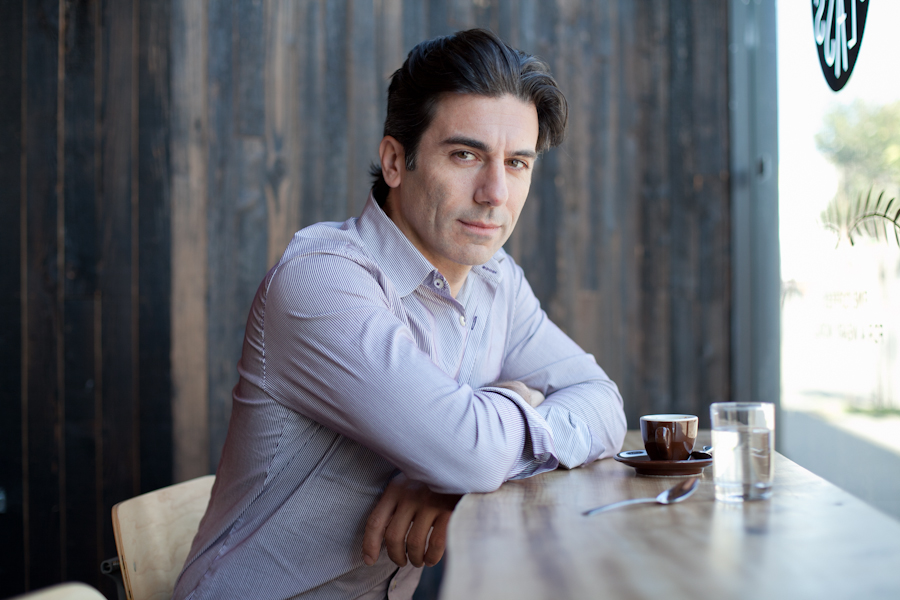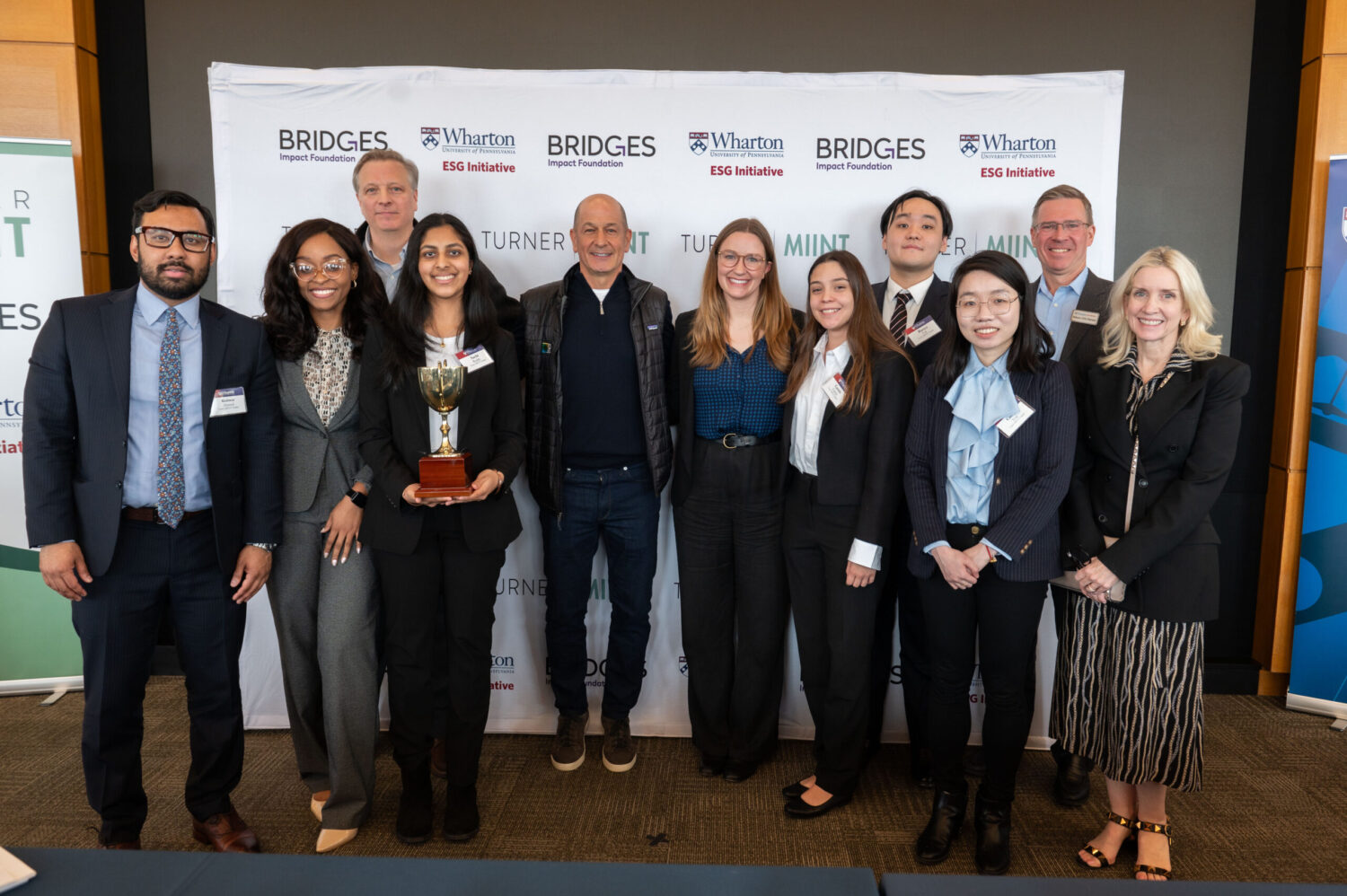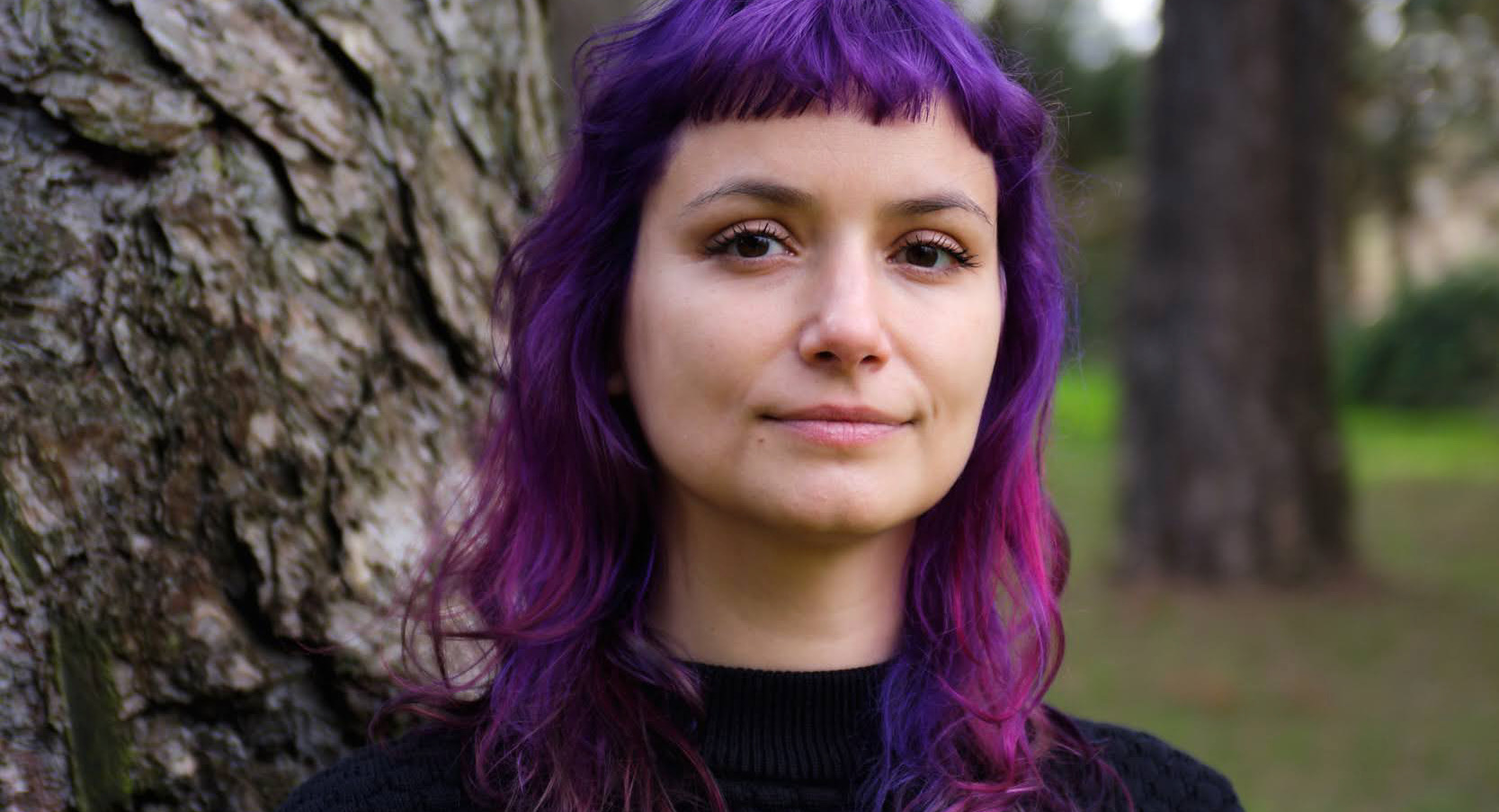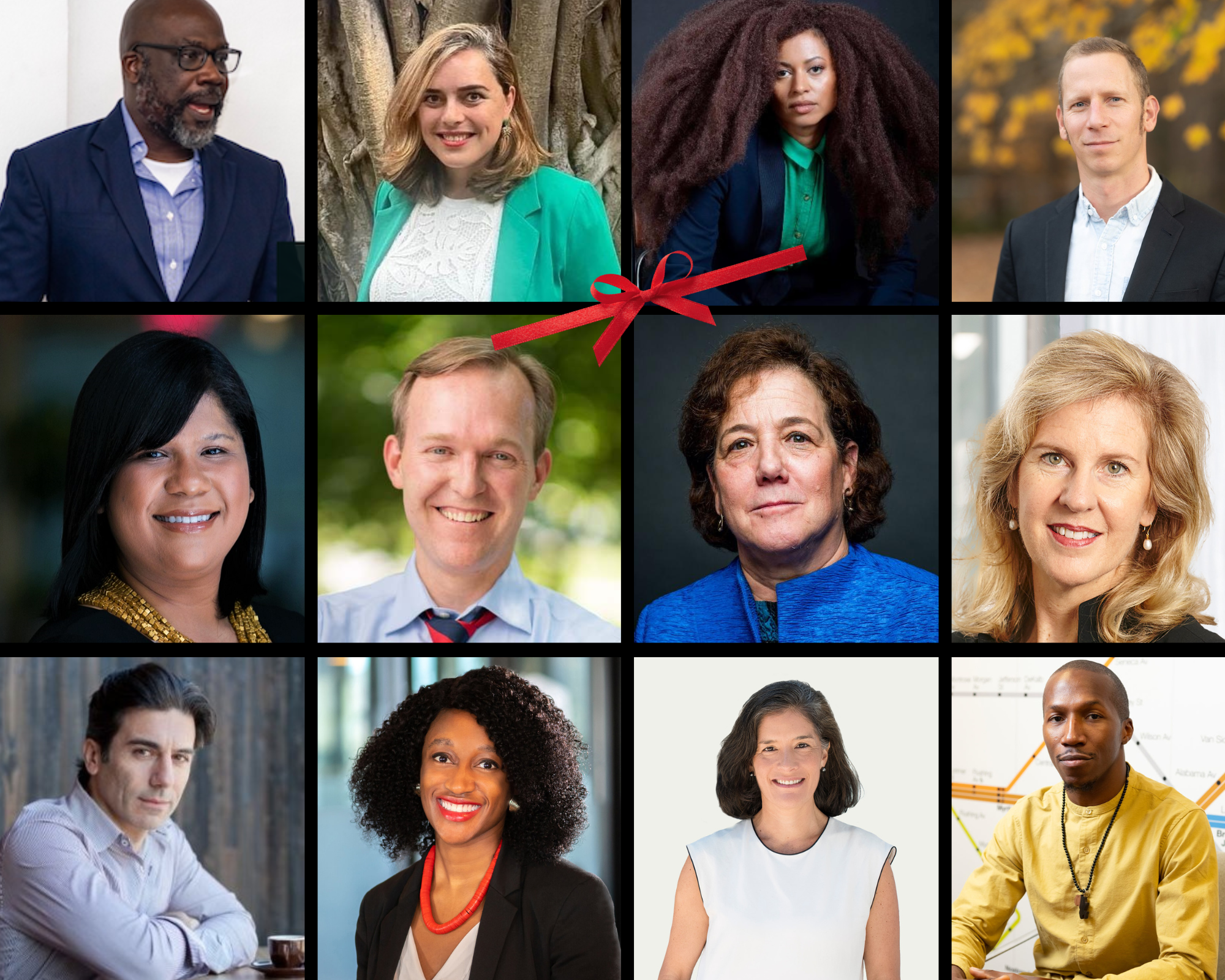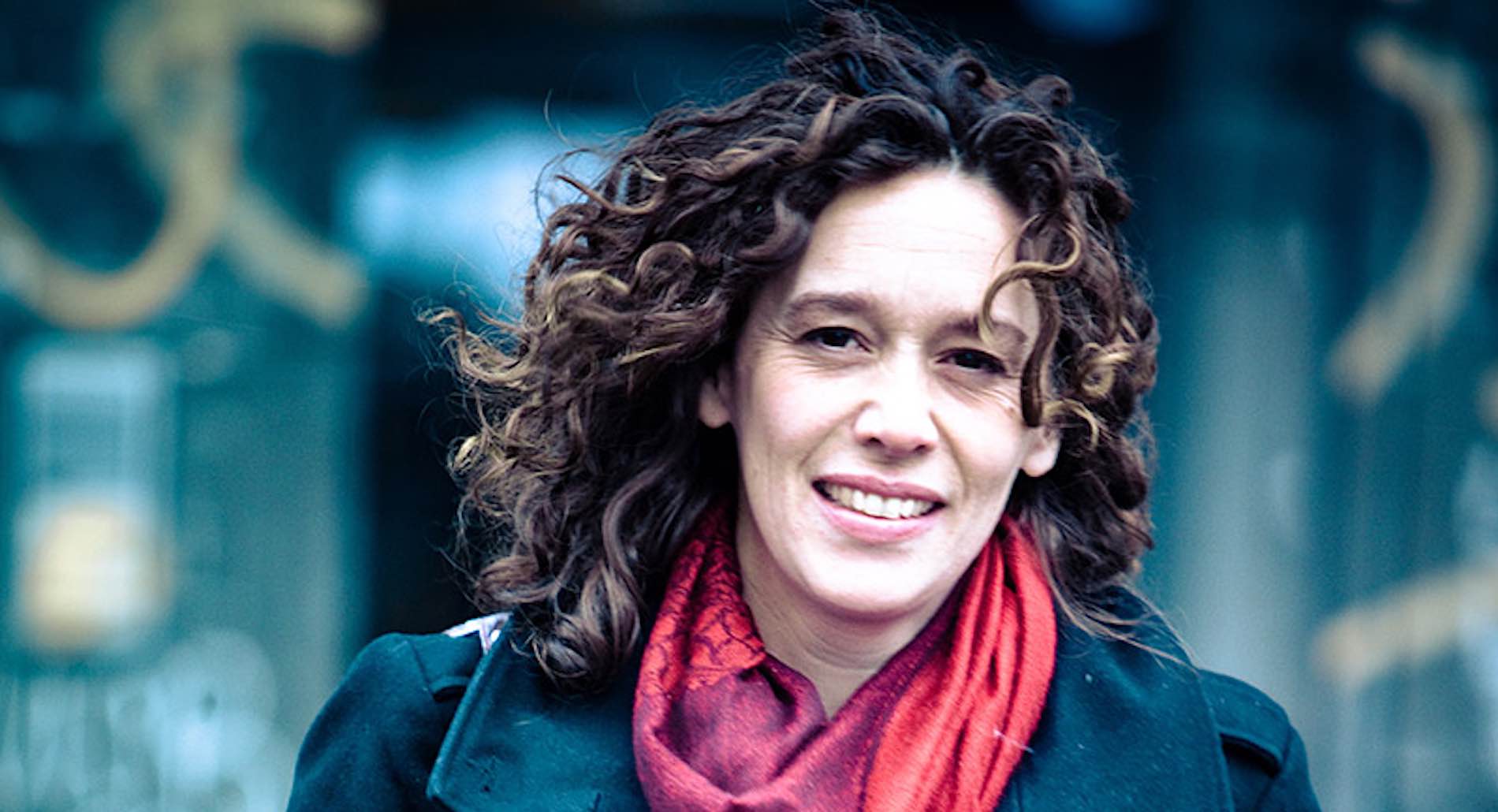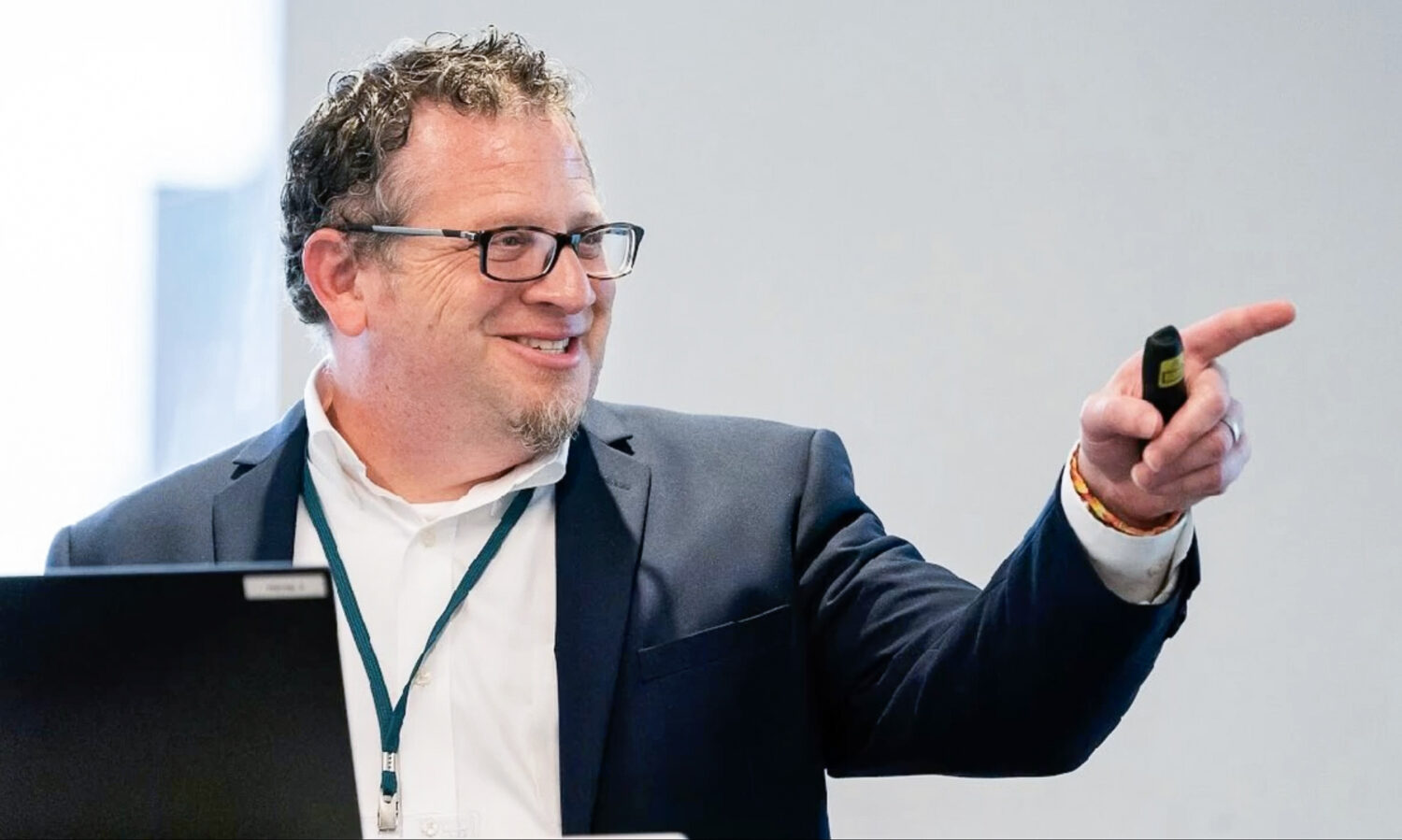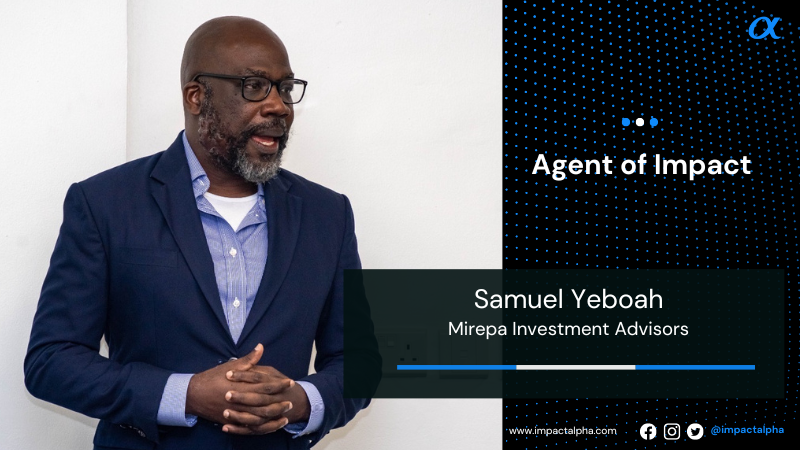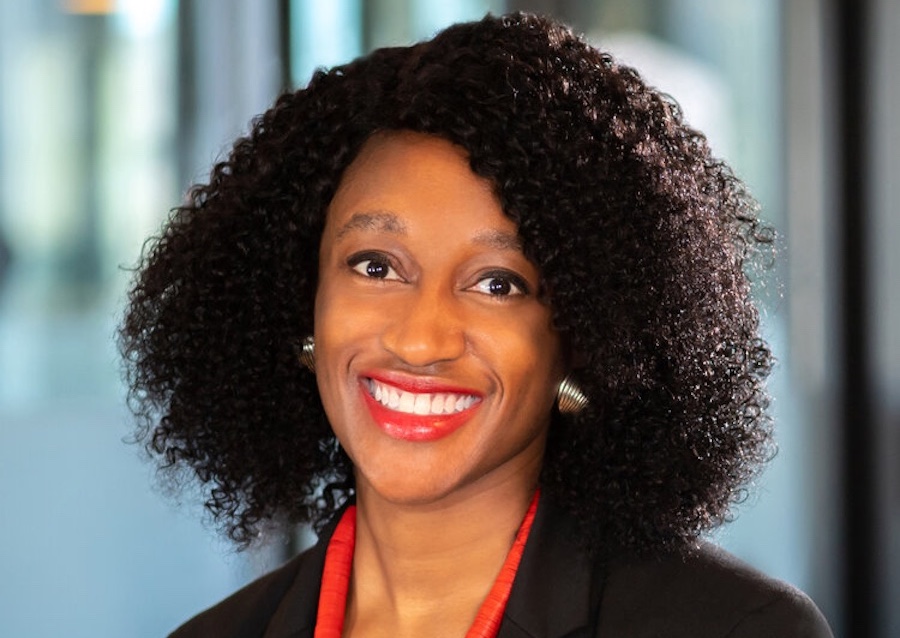Sustainable development? “More of the same.” Forest carbon credits? “Outside-imposed extraction.” Impact investing? “Are we really going far enough? Or are we just tweaking at the margins with solutions that are somewhat better, but don’t really address the root causes?”
For Andrea Armeni, co-founder of the nonprofit Transform Finance, it’s not enough to interrogate the practices of legacy finance. He’s built a reputation for making impact investors uncomfortable as well.
“At the root of all things is, ‘Who makes the decisions?” Armeni tells ImpactAlpha. “Where does the wealth end up being built?”
Armeni has been trying to shake things up at least since he was elected head of his high school class in Trento, Italy, and organized a general strike to institute student-led programming.
His credentials have given him access to rooms where critics are rarely welcome. After Columbia University, he spent a year at Harvard Law School before a professor suggested he was better suited to Yale. He clerked for US Court of Appeals Judge Diane Wood and did legal work in mergers and acquisitions, capital markets and private equity.
But it was when he began to work in sustainable development that he found his voice. As head of the Gaia Amazon Fund in Colombia, he saw the negative impact of outsider-led projects on Indigenous communities.
“It became apparent that there was a real criticism that came from the ground of being once again the targets of somebody else’s aspirations,” he says. “First it was gold, then it was rubber and now it’s carbon.”
Decision-making power
Transform Finance, founded with Morgan Simon, presses investors to ensure that they’re adding more value than they’re extracting and that risk is allocated to those best able to bear it. A recent paper on alternative ownership structures focuses as much on stakeholders’ decision-making power as wealth transfer.
“If you asked a kid, ‘Who should make decisions about a company that has employees, suppliers, customers?’ They wouldn’t say, ‘Oh, the equity holders.’ Or, ‘Who should get the upside of the economic activity? They wouldn’t say ‘Obviously, the equity holders.’” Armeni says. “So it’s really trying to get back to a more organic sense of recognizing who is contributing to value creation and who bears the burden of economic activity.”
Armeni has moved to NYU’s Wagner School as a professor of social finance and public service and director of the school’s Social Impact, Innovation, and Investment Specialization program. It’s important to him that impact investing not be the sole province of MBAs. His students are not only looking to make finance better or less unjust.
“They’re really saying, ‘No, we’re looking at social change. We’re looking at public service. We’re looking at policy.’ And finance is one of the arenas where you can drive that change.”
Armeni is gratified that once-fringe ideas are being increasingly recognized among impact investors, from examining negative as well as positive impacts to tying investor compensation to impact outcomes.
“I would say the field is bending in the right direction,” he says. “I think we’re doing well, but there’s still a lot to be done.”

